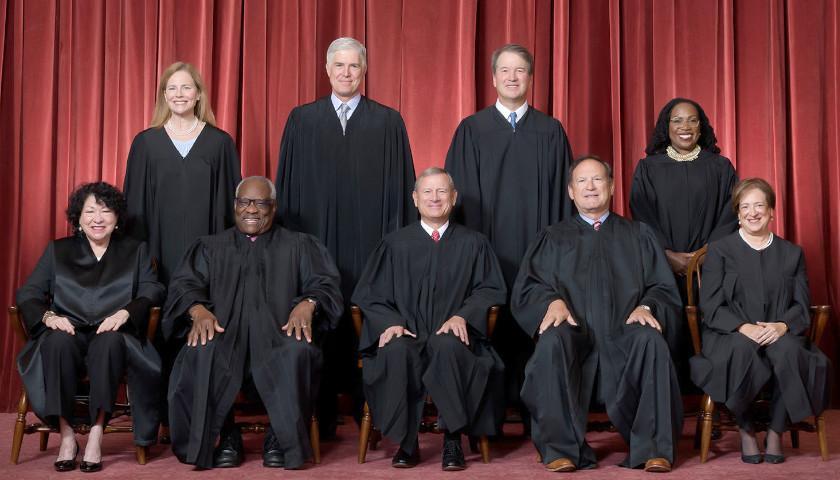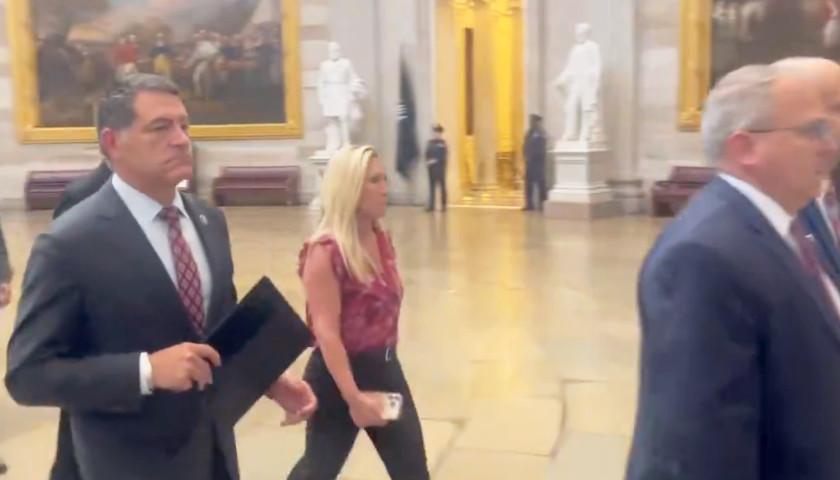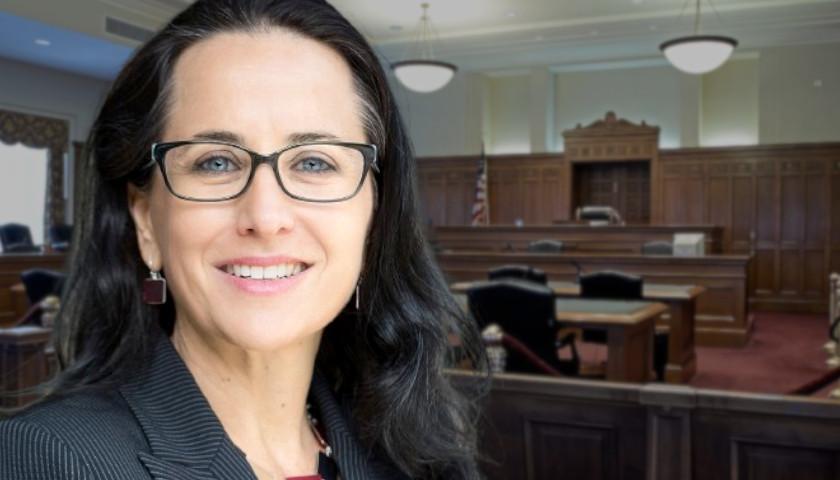Our nation’s security and immigration policy are federal responsibilities, yet it is has become another example of our federal government not meeting a legitimate need of American citizens. In fact, we may have reached a tipping point on this subject. In Nashville, for example, foreign-born residents have increased from 2.5 percent of its population a decade ago to more than 12 percent today.
Our country was launched on principles that embrace people that legally come to our country. All immigrants should endeavor to learn and embrace American culture and civic heritage pride, as well as our political heritage.
We have established, and must enforce, the procedures of legal immigration and naturalization at the federal level. It is clear that our current immigration policies have are failing, largely because we have not enforced what has been established or secured our borders. People now arriving on our borders anticipate asylum the minute they get into our country.
Our nation has always welcomed people to our shores. In fact, on the Statute of Liberty in New York Harbor there is a poem by Emma Lazarus to remind us of freedom and opportunity that says, “Give me your tired, your poor, your huddled masses yearning to breathe free…”
However, we must require and strongly support a legal method of immigration. It is true that immigration is not always a question of law and order. It is also a problem for all of humanity. Immigrants, both legal and illegal, are real human beings. They are not merely a number or statistic. The recent wave of illegal children crossing our borders is alarming. They are being sent by their parents, by questionable means, and encompass the hopes and dreams of their families.
In many ways, immigrants are doing what almost any of us would do if our own children were starving, countries were unsafe, or if they have no hope for the future. And too often in our discussion about immigration, that perception is lacking. Who among us would not do whatever was necessary to see that our children were safe, had food or a chance for a better future? However well mean-meaning, what are the ramifications of these children immigrating to our country and state for public education? State laws that are designed to marginalize immigrant families in the name of deterring illegal immigration have largely been declared unconstitutional.
For example, in 1982, the United States Supreme Court ruled in Plyler vs. DOE that children in our country here illegally have the same right to attend public schools as other citizens. In addition, these children are obliged to attend school until they reach a mandatory age. So there will be an impact in whatever state that these children reside, including here in Tennessee.
So regardless of our opinion on the subject, the Plyler ruling made clear that public schools could not deny admission to any student. Nor could they treat any student differently or prevent the right of access to school. In addition, public schools cannot require students or parents to disclose their immigration status. Data by the Department of Health and Human Services’ Administration for Children and Families in 2014 showed Tennessee has already received 760 of the more than 30,000 children this year, about 2.5 percent of the unaccompanied children crossing into the United States.
School personnel, especially administrators or educators involved with student intake activities will have their hands tied this fall. We expect it will create numerous issues at local level, and for our state. It is time our federal policymakers do their job and create a tenable immigration policy to safeguard our borders and create legal pathways to citizenship. Failure to do so merely continues bad policy and places public education at the forefront of the battle.
##
JC Bowman is the Executive Director of Professional Educators of Tennessee, a non-partisan teacher association headquartered in Nashville, Tennessee. Follow him on Twitter @jcbowman. Permission to reprint in whole or in part is hereby granted, provided that the author and the association are properly cited.








